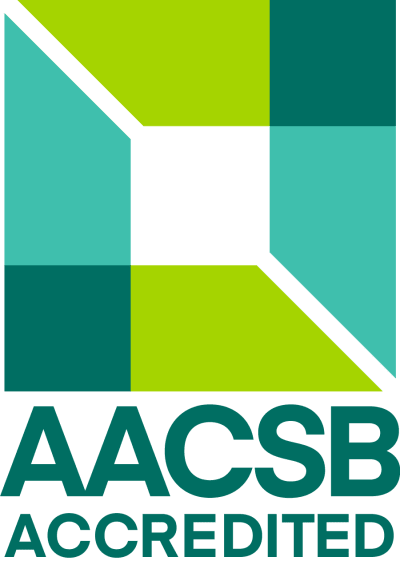
Constructor University Undergraduate Programs

Introduction
Academic excellence with a global perspective
Inspiration is a place. A place to obtain the qualification to work on responsible tasks in a digitalized and globalized society. A private, English-speaking campus university in Germany with the highest standards in research and teaching following an interdisciplinary concept. With the aim to strengthen people and markets with innovative solutions and advanced training programs.
Join our vibrant international community at Constructor University. Meet students from more than 120 nations. Be inspired.
Imagine a Special Place in Germany
Discover the World, Discover your Future, at Constructor University.
Education at Constructor University
International & Excellent: Study in English – in Germany!
Aiming for a fulfilling career in a top business company, government organization, or research institute - or wish to be accepted in a graduate program at one of the world's leading universities? The best start is a transdisciplinary academic education with an international perspective. An education that will prime you for life's challenges in an interconnected world. The education you will receive at Constructor University Bremen.
5 Reasons to Study at Constructor University
- Research-oriented, state-recognized university
- The student-to-teacher ratio of 1:16
- Early research involvement and modern facilities
- Over 1,500 students from more than 120 nations
- The English-speaking, close-knit campus community
Research
Research & Transfer encompasses a range of activities to support beneficial collaborations between science, businesses, and the public sector.
Equipped with state-of-the-art research facilities, at Constructor University we work in an interdisciplinary and globally connected manner. Whether you assign a concrete research project to us, want to use innovative technology, or are looking to enter into a research partnership to solve a specific problem – we look forward to learning about your needs to develop a customized solution together.
Utilize the transfer of knowledge and technologies to your competitive advantage!
Constructor University’s expertise encompasses:
- Life Sciences & Chemistry
- Physics & Earth Sciences (incl. Environmental Sciences)
- Computer Science & Electrical Engineering
- Mathematics & Logistics
- Business & Economics
- Social Sciences & Humanities
- Psychology & Methods
Let’s discuss your project.
Rankings
Constructor University was ranked one of the 300 best universities worldwide and one of the top five young universities in Germany in the Times Higher Education (THE) University Rankings 2019. We have consistently achieved outstanding results in U-Multirank and in Germany’s most important university ranking by the Center for Higher Education.
Gallery
Accreditations



Locations
- Bremen
Jacobs University Bremen gGmbH Campus Ring 1 28759 Bremen, Germany, , Bremen



















